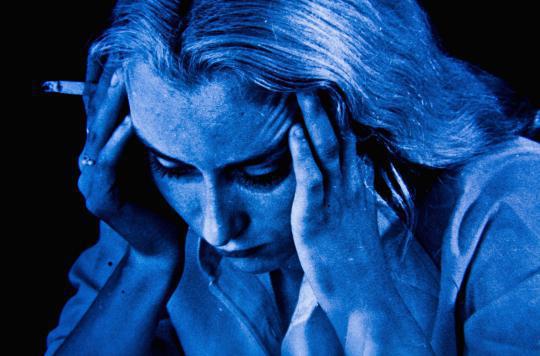There would be no link between depression and seasonal variations, according to a study which calls for refining the diagnosis of people with depressive disorders.

Seasonal depression? A myth, according to American researchers who have looked into this “disease” which affects many people (but also penguins …) at the approach of winter gray.
If the ailments evoked by the victims are real – permanent sadness, hypersomnia, bulimia… – the existence of a phenomenon specific to the seasons remains uncertain. A large study published in the journal Clinical Psychological Science, based on data from nearly 35,000 Americans between the ages of 18 and 99, suggests that there is actually no connection.
A similar prevalence
“The idea that there is an association between seasonal changes and depressive disorders is very common,” explain the authors, who targeted the geographic area of the study subjects. We analyzed the data from many angles, and found that the prevalence of depression is very stable regardless of latitude, season and light exposure ”.
In particular, the researchers looked at data from 1,754 people diagnosed with severe depression. They found that there was no influence of the seasons on their condition.
“These findings call into question the legitimacy of seeing seasonal depression as a psychiatric disorder in itself,” the researchers explain. So, if many people experience its symptoms, the cause would have to be looked elsewhere. “Being depressed during the winter does not mean that winter is the cause of depression …”
Improve diagnosis
This work is therefore intended to improve the diagnosis of people who claim to be suffering from seasonal depression. “Initiating treatments based on an erroneous cause can in no way lead to rapid and lasting cures,” they conclude.
Seasonal depression is a myth – American study https://t.co/SP0cYpg91X #health pic.twitter.com/xKFabIVCwP
– Pourquoidocteur (@Pourquoidocteur) January 22, 2016
.















